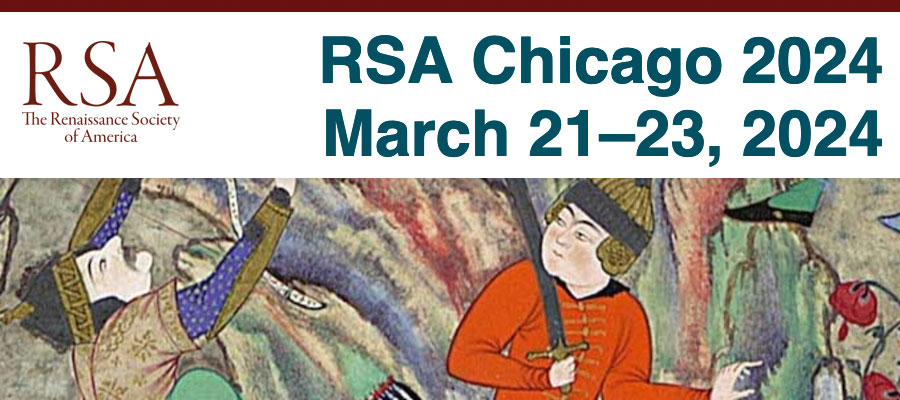Representing Unruly Women: New Approaches to Pre-Modern Gender in the Age of Transfeminism, session at the 2024 Renaissance Society of America Annual Meeting, Chicago, March 21–23, 2024
Visual representations of the female body have figured prominently in medieval and early modern art historical scholarship. Idealized and perfected representations of the female form—from statues of the Virgin Mary to anatomical wax models—have particularly shaped pre-modern attitudes towards gender, sex, race, religion, and science. Yet beyond this veneer of the sanctified and ennobled female body lies a profusion of understudied artworks that portray unconventional women whose bodies and behavior transgressed spiritual, physical, and social boundaries.
In recent decades, studies of these unideal or ambiguous female bodies in art have turned to modern and postmodern theories to better understand the role of gender in shaping visual discourses of difference, including transfeminism, queer studies, disability studies, and critical race theory. While the employment of modern theory has enabled art historians to excavate previously ignored or understudied representations of the female body and use historical precedent to highlight the enduring constructedness of gender, it potentially risks blurring the boundaries of historical specificity and the complexities of pre-modern perceptions of sex and gender.
This panel will explore the role of modern theory in the study of female bodies in the medieval and early modern world. We welcome papers that investigate visual strategies employed to signal transformations, transgressions, and diversions from the idealized female body, with attention paid to historically embodied experiences of the pre-modern era and the approaches artists employed in specific geographic and temporal contexts. In addition to the field of art history, we also welcome submissions from cultural studies, medical history, and historiography. We are particularly interested in papers that extend beyond the geographic centers of Italy, England, and France or engage in cross-cultural studies.
Session organizers
Sara K. Berkowitz, Widener University
Nicole G. Corrigan, Emory University
